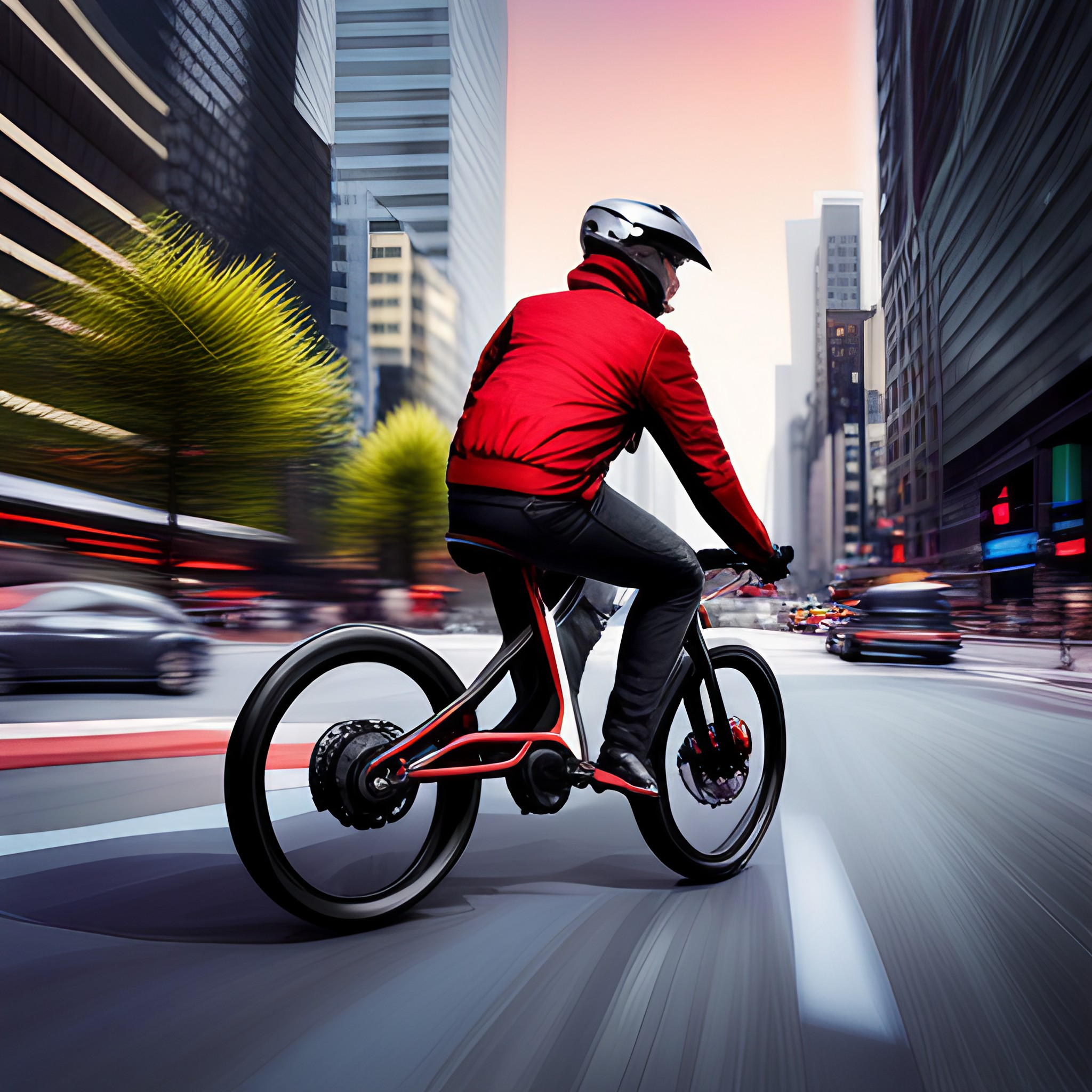Lithium ion battery, essential component of an electric scooter
In recent years, the rapid advancement of technology has revolutionized the way we commute. Electric scooters have emerged as a popular and environmentally friendly mode of transportation, offering a convenient and efficient alternative to traditional fuel-powered vehicles. At the heart of these electric scooters lies an essential component that determines their performance and usability: the lithium-ion battery. This article aims to compare and contrast various aspects of lithium-ion batteries with other battery types in order to highlight the superiority of lithium-ion batteries in powering electric scooters.
Lithium-ion batteries are known for their exceptional energy density compared to other battery types such as lead-acid batteries. This means that with a lithium-ion battery, electric scooters can travel longer distances without requiring frequent recharging, making them more practical for daily commuting.
Furthermore, charging time and efficiency are crucial factors to consider when evaluating the effectiveness of different battery types for electric scooters. Lithium-ion batteries boast significantly shorter charging times compared to lead-acid batteries, allowing users to quickly recharge their electric scooters and resume their journeys promptly. Additionally, lithium-ion batteries offer higher charging efficiency, ensuring that less energy is wasted during the charging process.
Energy Density: Lithium-ion Vs. Other Battery Types:
When it comes to energy density, lithium-ion batteries outshine other battery types. The energy density of a battery refers to the amount of energy that can be stored in a given volume or mass. In this regard, lithium-ion batteries boast an impressive advantage over their counterparts. They pack a powerful punch in a compact size, making them the go-to choice for electric scooters and various portable electronic devices.
In contrast, alternative battery types such as lead-acid or nickel-metal hydride (NiMH) fall short in terms of energy density. Lead-acid batteries are commonly found in traditional internal combustion engine vehicles but are ill-suited for electric scooters due to their bulkiness and limited capacity. These heavy and cumbersome batteries not only reduce the overall performance of the scooter but also hinder its agility on the road.
Lithium-ion batteries emerge as the clear winner in terms of energy density when compared to other battery types. Their ability to store a substantial amount of energy in a compact form has revolutionized the electric scooter industry, enabling longer ranges, faster acceleration, and improved maneuverability. As electric scooters continue to gain popularity as a sustainable means of transportation, the dominance of lithium-ion batteries is set to persist as they remain an essential component for these innovative vehicles.
Charging Time And Efficiency: Lithium-ion Vs. Lead-acid Batteries:
When it comes to the charging time and efficiency of lithium-ion batteries versus lead-acid batteries, there exists a stark contrast between these two power sources. The lithium-ion battery, being an essential component of an electric scooter, boasts a remarkable advantage over its lead-acid counterpart in terms of both charging time and overall efficiency.
Firstly, let us delve into the charging time aspect. Lithium-ion batteries exhibit an astonishingly quick recharge rate compared to lead-acid batteries. This means that one can swiftly replenish the energy levels of a lithium-ion battery within a significantly shorter period. The speedy charging capability of lithium-ion batteries ensures that electric scooters powered by them are ready for use in no time at all. On the contrary, lead-acid batteries suffer from prolonged charging durations, impeding the prompt availability of electric scooters for daily commuting purposes.
Moreover, the efficiency factor further accentuates the disparity between these two battery types. Lithium-ion batteries excel in their ability to convert electrical energy into mechanical power with exceptional efficacy. This translates into enhanced performance and extended mileage for electric scooters equipped with lithium-ion batteries. In contrast, lead-acid batteries tend to exhibit lower conversion efficiencies due to their inherent limitations and design constraints. Consequently, electric scooters relying on lead-acid batteries may experience reduced range and diminished overall performance due to inefficient power utilization.
Conclusion:
In conclusion, the comparison and contrast between lithium-ion batteries and other battery types, particularly lead-acid batteries, in terms of energy density and charging time and efficiency, clearly demonstrate the superiority of lithium-ion batteries as an essential component of electric scooters.
Firstly, when considering energy density, lithium-ion batteries far surpass other battery types. The high energy density of lithium-ion batteries allows electric scooters to have a longer range without compromising on performance. Compared to lead-acid batteries, which are commonly used in traditional vehicles due to their lower cost, lithium-ion batteries provide a more compact and lightweight solution while delivering greater power output. This results in improved efficiency and increased potential for longer rides without needing frequent recharging.
Secondly, when it comes to charging time and efficiency, lithium-ion batteries again emerge as the superior choice. Lithium-ion battery technology has made significant advancements over the years, enabling faster charging times compared to lead-acid batteries. Moreover, lithium-ion batteries have higher charge retention rates and lower self-discharge rates than their counterparts. This means that electric scooter owners can enjoy quicker recharge times while optimizing overall battery life.
In summary, the comparison between energy density and charging time and efficiency clearly establishes that lithium-ion batteries are an essential component of electric scooters due to their superior performance over other battery types such as lead-acid. The high energy density of lithium-ion batteries ensures extended range capabilities without sacrificing power output or adding excessive weight.
https://en.wikipedia.org/wiki/Lithium-ion_battery
https://scooterguys.co.uk/


